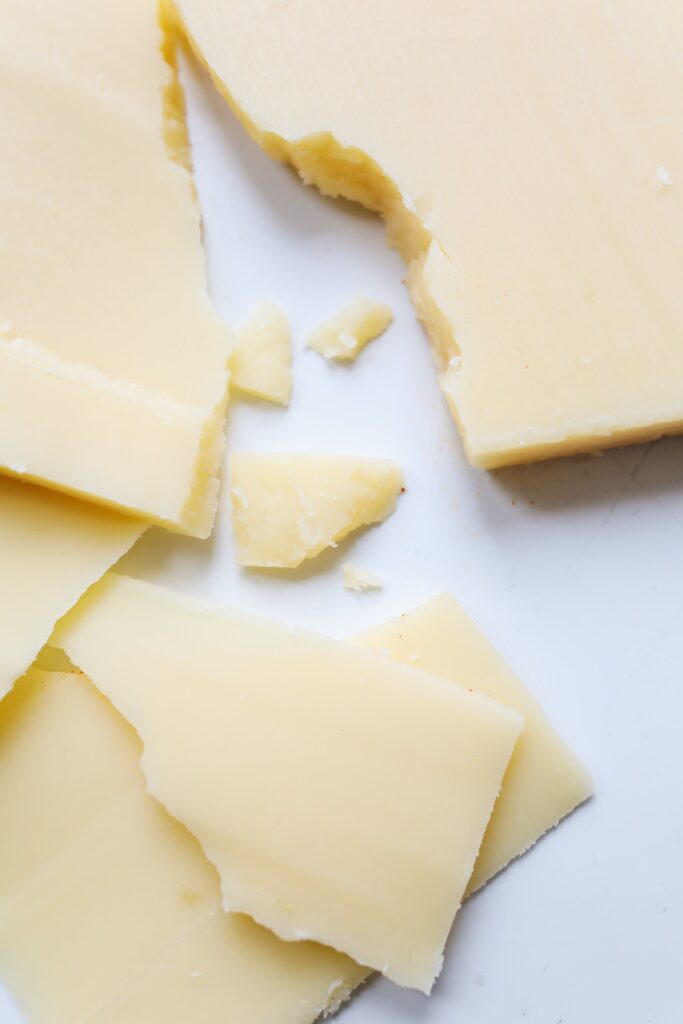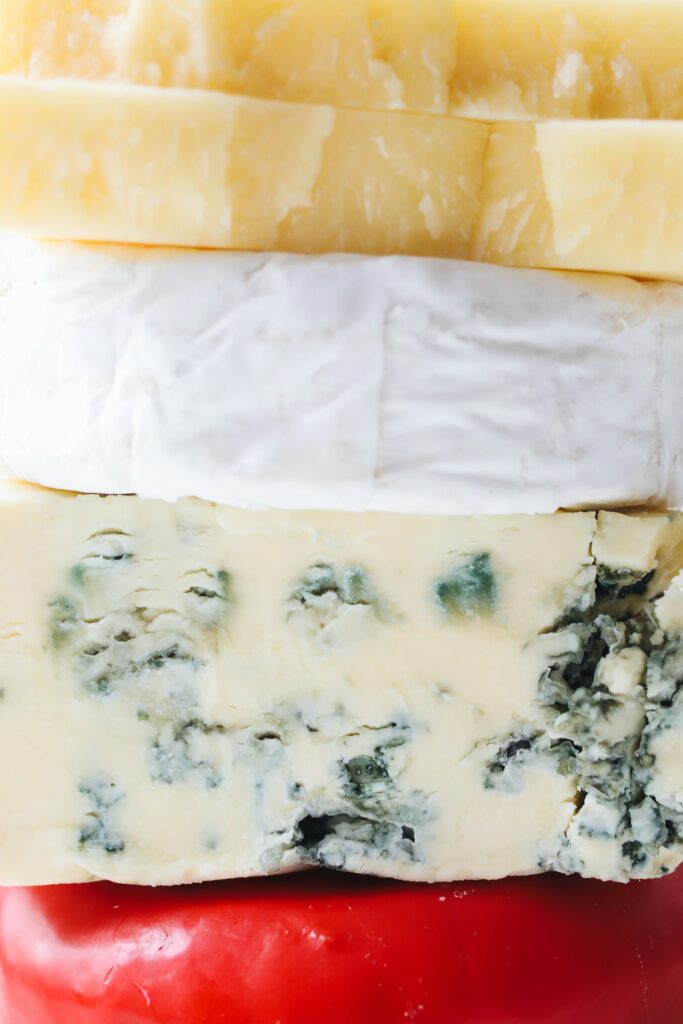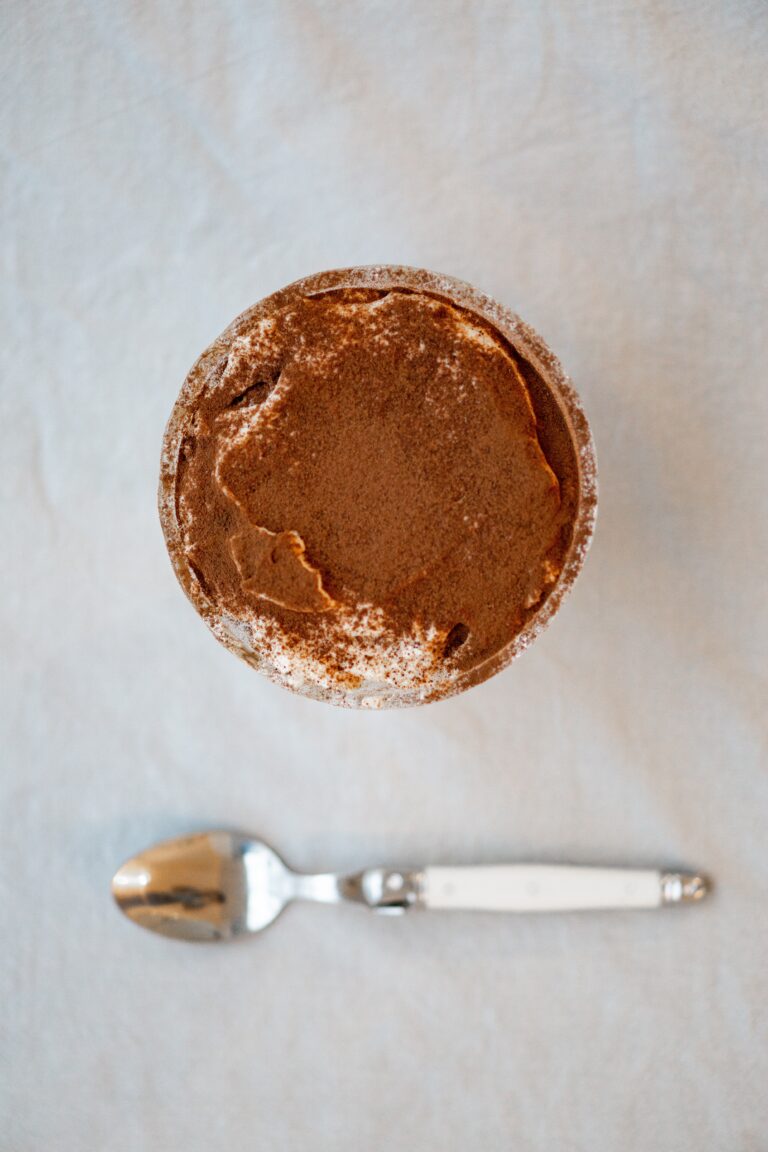
When it comes to preserving cheese, freezing emerges as a go-to option for extending its shelf life while maintaining quality. However, not all cheeses freeze well, and the process can affect their texture and flavor. This blog post dives into the ins and outs of freezing cheese, highlighting which cheeses are freezer-friendly and which are best enjoyed fresh.
Understanding Cheese Freeze Fundamentals
Freezing cheese is a practical way to prevent waste and keep your favorite varieties on hand for cooking and snacking. The key to successfully freeze cheese lies in understanding the fat content and moisture content, as these factors influence how well a cheese will withstand freezing and thawing.
What Cheeses Are Best to Freeze
Hard cheeses, such as cheddar and Parmesan, are the best candidates for freezing due to their lower moisture content. Their dense texture means they’re less likely to become crumbly or change flavor after being frozen and thawed. Grated cheese or shredded cheese can be frozen in airtight containers or heavy-duty freezer bags, making them convenient for later use in recipes like a grilled cheese sandwich or as a topping on a cheese board.
Before freezing hard cheese, wrap it tightly in parchment paper followed by a layer of aluminum foil or place it in a freezer bag to protect against ice crystals and freezer burn. Label the bag with the date to keep track of how long it’s been stored.

Cheeses to Freeze with Caution
Soft cheeses, such as brie, ricotta, and cottage cheese, have a high moisture content, making them more susceptible to texture changes when frozen. While freezing won’t spoil these cheeses, it may alter their creaminess and spreadability, making them less ideal for cheese boards but still usable for cooking.
Cream cheese and cottage cheese can be frozen, but expect some separation and graininess upon thawing. These are best used in cooked dishes, such as casseroles or baked goods, where the texture change is less noticeable.
Suggested: More on How to Freeze Ricotta Cheese
Cheeses That Dont Freeze Well
Certain cheeses do not freeze well due to their texture and moisture content. Blue cheese, with its unique mold and high moisture, can become crumbly and lose its distinctive flavor profile when frozen. Similarly, fresh, unpasteurized cheeses and those with delicate flavors or textures are best enjoyed fresh and not subjected to freezing.
How To Freeze Cheese
Freezing cheese is a great way to extend its shelf life while preserving its taste and nutritional value. Here’s a step-by-step guide on how to freeze cheese effectively:
1. Select the Right Cheese
- Hard cheeses like cheddar, mozzarella, and Parmesan freeze well.
- Soft cheeses can be frozen but may experience texture changes.
- Avoid freezing very delicate cheeses like Brie or high-moisture cheeses like ricotta, unless you plan to use them in cooked dishes.
2. Prep the Cheese
- For hard cheeses, cut them into small, manageable portions or grate them. Smaller pieces make it easier to thaw only what you need.
- Soft cheeses should be frozen in their original packaging if possible or transferred to an airtight container.
3. Wrap the Cheese Properly
- Wrap cheese tightly in parchment paper. This helps protect the cheese from air and moisture, reducing the risk of freezer burn.
- After wrapping in parchment, wrap it again in aluminum foil or place it in a freezer bag. Remove as much air as possible from the bag to prevent ice crystals from forming.
4. Label and Date
- Use a marker to label the cheese with the type and the freeze date. This helps you keep track of what you have and ensures you use the oldest cheese first.
5. Freezing
- Place the wrapped cheese in the coldest part of the freezer. This ensures it freezes quickly, preserving its texture and slowing down fat separation.

Tips for Freezing Cheese
- Avoid Freezing for Too Long: While cheese can be frozen for up to 6 months, it’s best used within 3 months for optimal quality.
- Use the Right Portions: Freezing cheese in portions you’ll realistically use at one time minimizes waste and the need for refreezing.
- Consider the End Use: Cheese that has been frozen is best used in cooked dishes, as the freezing process can alter its texture.
By following these steps, you can successfully freeze cheese, ensuring you always have some on hand for your cooking and baking needs. Remember, the key to freezing cheese is minimizing exposure to air and moisture, which helps preserve its quality and flavor.
How Long Can You Freeze Cheese For
You can freeze cheese for up to 6 months while maintaining its best quality. Hard cheeses, such as cheddar and Parmesan, tend to freeze the best, retaining their texture and flavor well over this time. Soft cheeses and cream cheese can also be frozen, but they may experience texture changes and are best used in cooked dishes after freezing. Always ensure the cheese is well-wrapped in parchment paper and placed in a heavy-duty freezer bag or an airtight container to protect against freezer burn and absorb any odors from the freezer.
Important Note
Label your cheese with the freeze date to keep track of how long it has been stored.

How to Thaw Cheese
Thawing cheese properly is crucial for preserving its texture and flavor after it has been frozen. Here’s how to thaw cheese effectively:
Step 1: Transfer to the Refrigerator
Move the frozen cheese from the freezer to the refrigerator, and let it thaw slowly. This gradual process helps maintain the cheese’s texture and prevents it from becoming too soft or mushy. Depending on the size and type of cheese, thawing in the fridge can take anywhere from several hours to a full day.
Step 2: Keep It Wrapped
Keep the cheese wrapped while it thaws in the refrigerator. This helps to retain moisture and prevent the cheese from drying out. If you’ve frozen your cheese in a freezer bag or wrapped in parchment paper, just leave it in its packaging.
Step 3: Room Temperature (Optional)
For cheeses that you plan to eat uncooked, such as those for a cheese board, you might want to let them come to room temperature after thawing in the fridge. This step enhances the flavor and texture of the cheese. Simply take the cheese out of the fridge and let it sit out for about 30 minutes to an hour before serving.
Additional Tips:
- Use Thawed Cheese Quickly: Once thawed, consume the cheese within a few days for the best quality and to avoid spoilage.
- Cooking with Frozen Cheese: For recipes where the cheese will be melted or cooked, you can often add the cheese directly from the freezer into the dish, especially if it’s grated or shredded.
- Monitor for Quality: Check the cheese for any signs of spoilage or a significant change in texture or aroma after thawing. While freezing and thawing can alter the texture of some cheeses, they should still be safe and enjoyable to eat.
By following these steps, you can thaw cheese effectively, ensuring it remains delicious and ready for your favorite recipes or to enjoy on its own.
Cooking with Frozen Cheese
Frozen cheese works best in cooked dishes where its altered texture becomes a non-issue. Thawed hard cheeses can still make a delicious grilled cheese sandwich, while frozen cream cheese or cottage cheese can be incorporated into dips, spreads, or baked recipes. Remember, frozen cheese may release more moisture when cooked, so adjust your recipes accordingly.

Cheesy Recipe Ideas You’ll Love
- White Bean Soup with Parmesan Cheese
- Cheddar and Caramelized Onion Scones
- Blue Cheese Pasta Sauce
- Cheese and Sausage Pasta Bake
- Easy Cheese Dip
- 5 Minute Nacho Cheese Sauce
- Cheese Ball Recipe
Frequently Asked Questions About Freezing Cheese
Can you freeze shredded cheese
For pre-shredded cheese, you can freeze it in its original package or transfer it to a freezer bag. Shredded cheese can be used directly from the freezer, making it convenient for cooking.
Can you freeze cream cheese
Yes, you can freeze cream cheese, but be aware that it may change in texture. Freezing can cause cream cheese to become crumbly and less creamy, making it less suitable for spreading. However, it can still be used in cooked dishes, such as sauces, soups, and baked goods, where the texture change is less noticeable.
How to freeze and thaw cream cheese
To freeze, wrap the original packaging in a layer of aluminum foil or place it in a freezer bag to protect against freezer burn. Thaw in the refrigerator before using, and consider blending or stirring it to improve the texture if needed.
Suggested: Can you Freeze Velveeta Cheese
Can you free feta cheese
Yes, you can freeze feta cheese, although its texture might change slightly. Freezing can make feta cheese crumblier and less creamy, but it remains suitable for cooked dishes like casseroles, pies, and sauces.
How to freeze and thaw feta cheese
To freeze feta, drain any brine and pat the cheese dry. Wrap it tightly in plastic wrap, then place it in a freezer bag or an airtight container. You can also crumble the feta before freezing for easier use. Thaw in the refrigerator before using, especially if you plan to use it in salads or as a topping, to ensure the best possible texture.
Does cheese taste different after freezing
Yes, cheese can taste slightly different after freezing. While the basic flavor profile remains, the texture changes caused by freezing can affect the overall taste experience. Hard cheeses tend to retain their flavor better than soft cheeses. However, soft cheeses might become crumbly and less creamy, which can subtly alter their taste, especially when eaten on their own.
For best results, use frozen and thawed cheese in cooked dishes, where these texture changes are less noticeable and the taste difference is minimized
Other Helpful Freezer Guides
- How to Freeze Pulled Pork
- How to Freeze Pork Pies
- How to Freeze Bean Sprouts
- How to Freeze Kiwi
- How to Freeze Bell Peppers
- How to Freeze Chorizo
- How to Freeze Yogurt
- How to Freeze Ricotta Cheese
- How to Freeze Salami
- How to Freeze Ricotta
- How to Freeze Coconut Cream
- How to Freeze Cantaloupe
Conclusion
While freezing cheese is a viable option for extending its shelf life, not all cheeses handle the freezing process well. Hard cheeses with low moisture content freeze and thaw with minimal quality loss, making them ideal for future cooking and baking needs. Soft cheeses and those with high moisture or delicate textures are less freezer-friendly but can still be used in specific recipes. By understanding the properties of different types of cheese and following proper freezing techniques, you can efficiently store cheese in the freezer and enjoy your favorite varieties year-round.

Christopher is a food and lifestyle expert, recipe developer and the content creator behind May Eighty Five. With years of experience in the kitchen, he also shares tips, tricks and how to’s that he has learnt over the years. Every week, he shares quick, simple and mostly healthy recipes along with some home and entertaining tips. You will find flavorful cocktails, delicious appetizers, tasty mains and some indulgent desserts. As a home decor enthusiast, he also likes to share simple DIY projects and simple tips for a beautiful home.








3 Comments